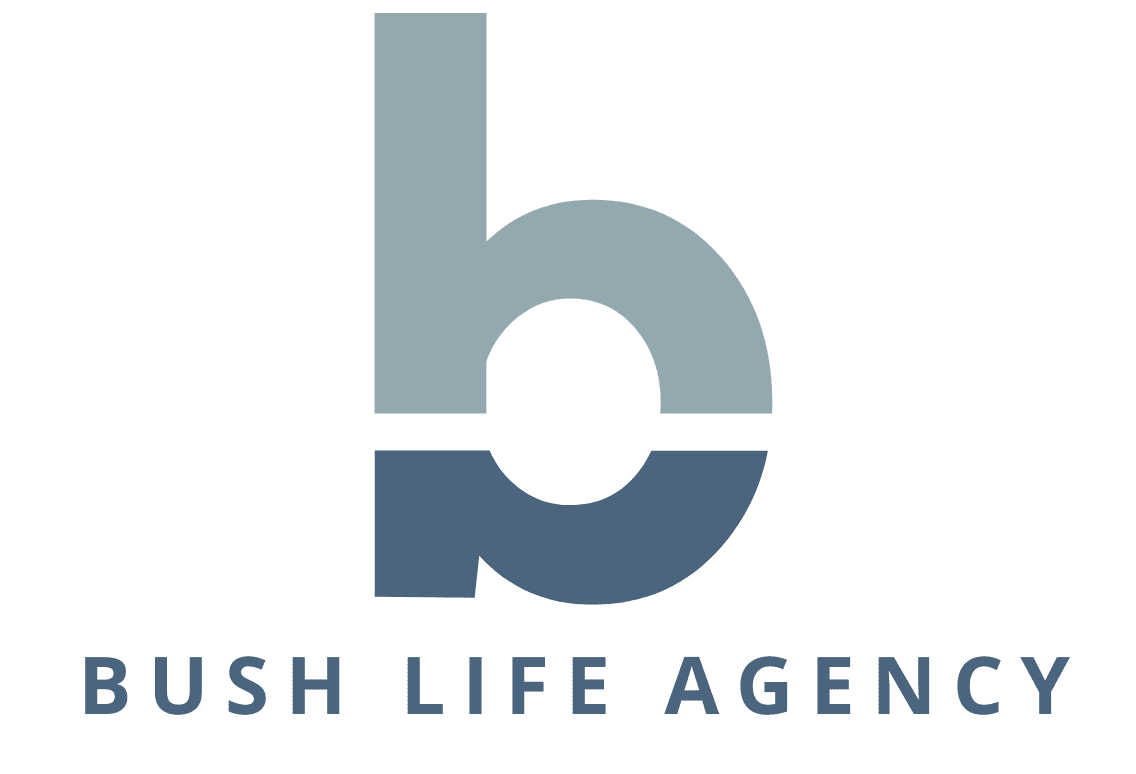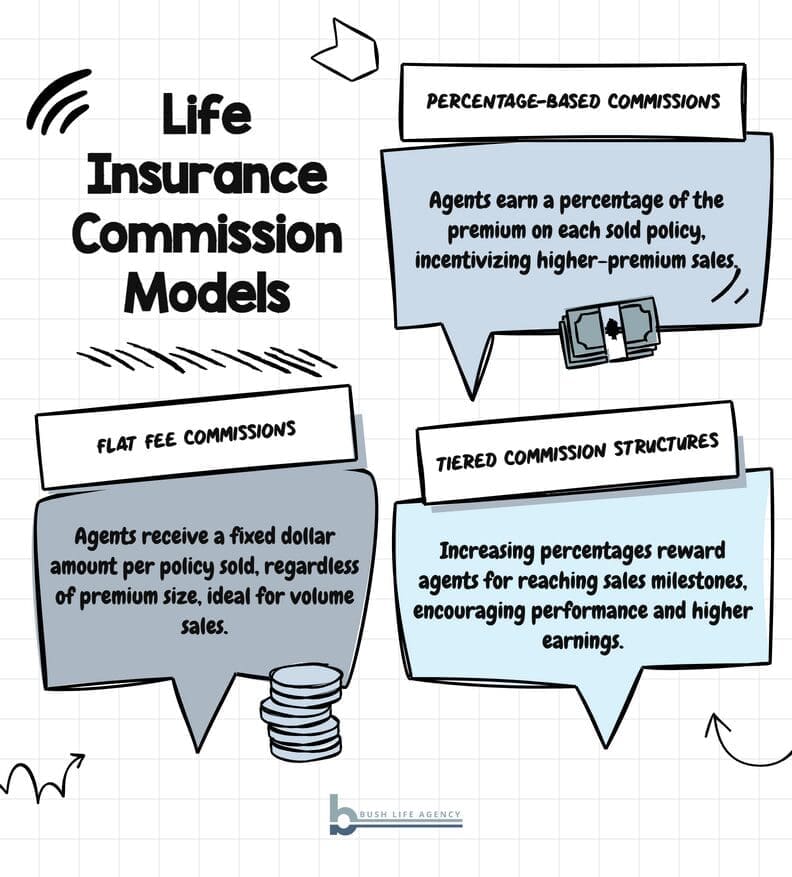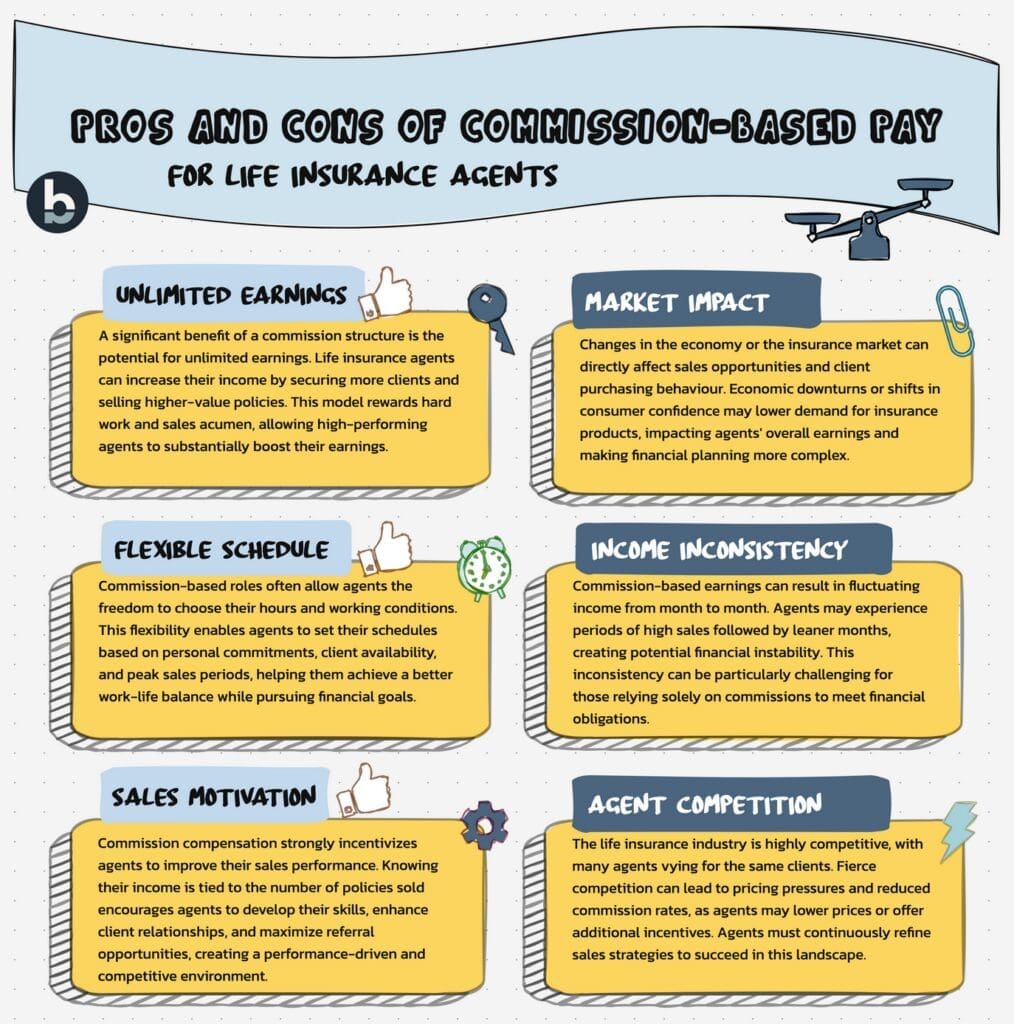In the realm of life insurance, the term insurance commissions often dominates discussions about agent compensation. However, understanding the full compensation package for independent life insurance agents goes beyond just commissions. This post aims to illuminate the various components that contribute to an agent’s earnings, including bonuses, renewals, and other incentives. By exploring these elements, we can gain a clearer perspective on how independent agents are compensated for their expertise and service, ultimately enhancing our appreciation for their role in financial planning and security.
Table of Contents
What is an Independent Insurance Agent?
Independent insurance agents play a critical role in the insurance landscape by representing multiple insurance carriers and providing clients with a broader range of options compared to captive agents, who are tied to a single insurer. These agents are self-employed, meaning they operate their own businesses, allowing them the flexibility to tailor their services to meet the unique needs of their clients. As trusted advisors, independent agents help individuals and businesses navigate various insurance products to find the best coverage at competitive rates.
Unlocking Earnings in Insurance: How Commission Structures Fuel Agent Success
In the insurance industry, commissions are a primary form of compensation for agents, serving as an incentive for their sales efforts. When independent agents sell a policy, they typically earn a percentage of the premium as a commission, which varies depending on the insurance company and the type of policy sold.
This insurance commission structure not only rewards agents for bringing in new clients but also for retaining existing ones, as many insurance products generate ongoing, residual commissions for renewals. Understanding how commissions work is crucial for aspiring agents, as it significantly influences their earning potential and the overall stability of their income within the industry.
The Foundation: Life Insurance Commissions
Commissions remain a primary income source for independent agents, typically earned through policy sales. Unlike agents affiliated with agencies, independents keep the full commission rather than sharing a percentage. This setup can potentially lead to higher earnings, but it also requires agents to be proactive in client acquisition and retention. Success hinges on building a robust client base and maintaining strong relationships that foster repeat business and referrals.
3 Types of Life Insurance Commissions
Understanding the different types of insurance commissions available to life insurance agents is vital for evaluating potential income and long-term earnings. The main types of commissions include:
- First-Year Commissions: These are the initial commissions earned by agents upon selling new policies. Typically, first-year commissions represent a significant portion of the total commission due to the initial effort required to secure the sale. This commission structure incentivizes agents to focus on acquiring new clients and growing their portfolios.
- Renewal Commissions: In contrast to first-year commissions, renewal commissions are earned from policy renewals and ongoing service. These commissions can provide a stable income stream for agents as clients renew their policies each year. Renewal commissions are essential for building long-term financial stability, allowing agents to benefit not only from their initial sales but also from maintaining relationships with their clients.
- Contingency Commissions: Some insurance companies offer contingency commissions based on overall performance metrics, such as total sales volume or profitability. These commissions are typically paid at the end of a specified period (e.g., annually) and serve as a reward for agents who generate significant business for the insurer. Contingency commissions can enhance an agent’s overall earnings and encourage them to align their interests with those of the insurance carrier, ultimately promoting mutual success in the marketplace.
Life Insurance Commission Structures
Understanding the various insurance commission structures available to life insurance agents is key to maximizing earnings potential.
- Percentage-based Commissions: This is the most common commission structure, where agents earn a percentage of the premium on each policy sold. The percentage can vary based on the type of insurance product and the insurer, providing incentives for agents to build their client base and sell higher-premium policies.
- Flat Fee Commissions: In some cases, agents may receive a fixed dollar amount for each policy sold, regardless of the premium size. This structure can appeal to agents focusing on volume sales, as they can quickly gauge their earnings per transaction without needing to calculate percentages.
- Tiered Commission Structures: This approach rewards agents with increasing percentages as they reach specific sales milestones. For example, an agent may earn 5% on the first $50,000 in premiums sold, 7% on the next $100,000, and 10% on any sales above that. Tiered structures encourage agents to exceed their sales targets, thus driving overall performance and increasing their earning potential.
3 Factors Affecting Life Insurance Commissions
Several key factors impact the commission structure and earnings potential for life insurance agents:
- Insurance Company Policies: Each insurance company may have its own set of policies regarding commission rates and structures. These policies can vary significantly from one insurer to another, influencing an agent’s decision on which companies to partner with. Some insurers may offer higher first-year commissions, while others may focus on more lucrative renewal commissions or performance-based bonuses.
- Sales Volume: The volume of sales an agent generates directly affects their overall commission earnings. Higher sales volumes can lead to increased commissions from both first-year and renewal sales. Additionally, certain commission structures, such as tiered commissions, reward agents for achieving specific sales milestones, further incentivizing them to boost their sales performance.
- Performance Metrics: Many insurance companies track performance metrics, such as customer retention rates, total sales generated, and client satisfaction scores. Agents who excel in these areas may qualify for additional financial incentives, such as contingency commissions or bonuses. These performance metrics not only serve as motivators but also align the interests of agents with the long-term success of their insurance carriers.
Advantages of Commission-Based Compensation
Commission-based compensation offers several advantages for life insurance agents:
- Unlimited Earning Potential: One of the most significant benefits of a commission structure is the potential for unlimited earnings. Agents can increase their income by securing more clients and selling higher-value policies. This model rewards hard work and sales acumen, allowing high-performing agents to significantly boost their earnings.
- Motivation for Sales Performance: Commission compensation strongly incentivizes agents to improve their sales performance. Knowing that their income directly relates to the number of policies sold encourages agents to develop their skills, enhance client relationships, and maximise referral opportunities. This performance-driven environment cultivates a competitive spirit that can benefit both agents and their clients.
- Flexibility in Work Schedule: Commission-based roles often allow agents the freedom to choose their hours and working conditions. This flexibility enables agents to set their schedules based on personal commitments, client availability, and peak sales periods. By managing their time effectively, agents can achieve a better work-life balance while pursuing their financial goals.
Challenges of Commission-Based Compensation
While commission-based compensation offers significant advantages, it also comes with its share of challenges that life insurance agents must navigate:
- Inconsistent Income: The nature of commission-based earnings can lead to fluctuations in income from month to month. Agents may face periods of high sales followed by leaner months, creating potential financial instability. This inconsistency can be particularly challenging for those who rely solely on commissions to meet their financial obligations.
- Market Fluctuations: Changes in the economy or the insurance market can directly impact sales opportunities and client purchasing behaviour. Economic downturns or shifts in consumer confidence may result in lower demand for insurance products, affecting agents’ overall earnings.
- Competition Among Agents: The life insurance industry is highly competitive, with many agents vying for the same clients. This fierce competition can lead to pricing pressures and reduced commission rates, as agents may feel compelled to lower their prices or offer additional incentives to attract clients. Consequently, agents must continuously refine their sales strategies and differentiate themselves to thrive in this challenging landscape.
Compliance and Ethics
Ensuring compliance with industry regulations and ethical standards is crucial for life insurance agents operating within a commission-based compensation structure. Adhering to these guidelines not only protects consumers but also helps agents maintain their professional reputation.
- Disclosure Requirements: Agents are typically required to provide clear and accurate information regarding their compensation structures, including commission rates and potential conflicts of interest. This transparency is essential for building trust with clients and ensuring that they are fully informed before making financial decisions.
- Avoiding Conflicts of Interest: Agents must be vigilant in avoiding situations where their financial interests may conflict with the best interests of their clients. This includes refraining from steering clients towards products that yield higher commissions at the expense of their needs. Maintaining a client-first mentality is vital for ethical practice in the industry.
- Ethical Considerations in Commission-Based Sales: Agents should adhere to a strict code of ethics that prioritises honesty, integrity, and professionalism. This involves ensuring that the products sold are suitable for the client’s individual circumstances and providing ongoing support and guidance, rather than merely focusing on closing sales. Upholding these ethical standards can foster long-term client relationships and contribute to the overall integrity of the insurance profession.
Self-Funded Benefits: Crafting a Personal Safety Net
Without the safety net of employer-provided benefits or base salaries, independent agents must independently secure health insurance, retirement plans, and other essential benefits. This self-reliance demands careful financial planning. Many agents utilize Health Savings Accounts (HSAs) or invest in private insurance plans to cover health-related expenses. For retirement, options such as SEP IRAs or Solo 401(k)s offer tax advantages and flexibility, allowing agents to save for the future independently.
Tax Considerations: Strategic Planning for Financial Health
Independent agents face unique tax obligations, operating as self-employed individuals. This status provides opportunities for strategic tax planning, including deductions for business expenses such as office space, travel, and marketing. Keeping meticulous records is crucial to maximizing these deductions and minimizing tax liabilities. Many agents work with financial advisors or accountants to ensure they’re leveraging all available tax benefits to enhance their take-home pay.
Business Expenses: Investment in Success
Operating independently means shouldering all business-related expenses. From marketing and advertising to software subscriptions and professional development, these costs can add up. However, they also represent investments in growth. Successful agents strategically allocate resources to activities that drive client acquisition and retention, ensuring a positive return on investment. Networking events, online advertising, and customer relationship management tools are common expense areas that can yield significant dividends.
Maximizing Earnings and Ensuring Stability
To thrive financially, independent life insurance agents must be proactive and strategic. Building a diverse client portfolio, maintaining current knowledge of industry trends, and effectively managing business expenses are critical. Additionally, leveraging technology for client management and marketing can enhance efficiency and broaden reach. Ultimately, financial stability comes from balancing immediate income needs with long-term financial planning.
Conclusion: Exploring Insurance Commissions
In summary, commission-based compensation structures offer life insurance agents the opportunity for unlimited earnings, motivation to enhance sales performance, and flexibility in their work schedules. However, they also present challenges such as inconsistent income, market fluctuations, and intense competition among agents. Understanding compliance and ethical considerations is also crucial in maintaining professional integrity and consumer trust.
It is vital for independent insurance agents to comprehend the intricacies of commission structures, as this knowledge not only impacts their earning potential but also shapes their approach to client relationships and sales strategies. By effectively navigating these components, agents can optimise their performance while upholding ethical standards, ultimately contributing to their long-term success in the industry.
Start a conversation with us at Bush Life Agency today!
Other Related Articles:
- How to Become an Insurance Agent from Home: Your Guide to a Flexible and Rewarding Career With Kids
- From Leads to Loyal Clients: Effective Sales Techniques for Life Insurance Agents
- 5 Factors Influencing Life Insurance Salaries in 2024
- How to Successfully Transition to an Independent Life Insurance Agent
- The Future of Life Insurance Jobs: Remote Opportunities For Rewarding Careers








